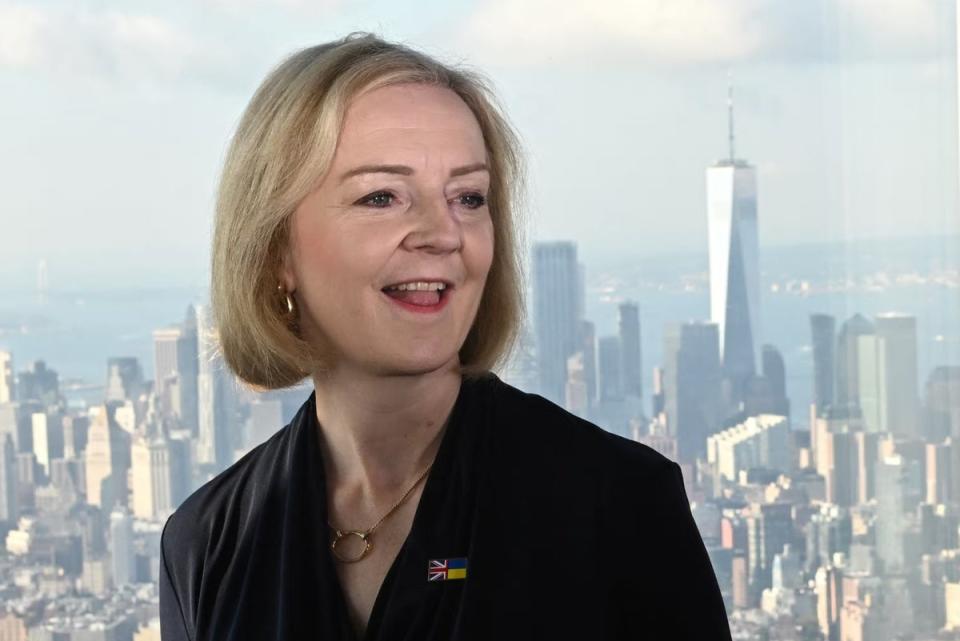What is trickle down economics? Liz Truss’s suggestion for the UK economy

Liz Truss is expected to urge world leaders to join Britain in introducing tax cuts. The new Prime Minister is giving a speech to the United Nations on Wednesday September 21 and will argue that the free world must prioritise economic growth to deny authoritarian states like Russia the chance to manipulate the global economy.
This puts Liz Truss at odds with the US president, Joe Biden, who is not in favour of trickle down economics. On Tuesday, Biden tweeted that he was “sick and tired” of the approach, which he claimed had never worked.
Truss recently vowed to review all tax rates to help struggling households and businesses through the cost of living crisis. This could lead to a radical overhaul, which could include looking again at income tax brackets. In addition, it has been reported that she is planning a cut to stamp duty as part of her emergency mini-budget on Friday.
In an interview at the top of the Empire State Building on Tuesday, she told the BBC: “We do have to take difficult decisions to get our economy right. We have to look at our tax rates. So corporation tax needs to be competitive with other countries so that we can attract that investment.”
But how does trickle down economics work and where did the term originate? Here’s everything you need to know.
What is trickle down economics?
Trickle down economics means much the same as supply side economics. Trickle down economics isn’t defined as one single economic policy but, in simple terms, a policy is considered “trickle down” if it disproportionately benefits wealthy businesses and individuals in the short run but is designed to boost standards of living for everyone in the long run. The phrase is based on the idea that just as water at a higher level will inevitably flow downwards, so will wealth.
Examples of trickle down economics include corporate income tax reduction, tax cuts for the wealthy and deregulation.
Is trickle down economics effective?
Trickle down economics has been widely criticised. Theorists argue that although more money in the hands of the wealthy and corporations promotes spending and free-market capitalism, it does so only with government intervention.
It has been argued that the added benefits the wealthy receive can distort countries’ economies, and increase income inequality as lower earners do not receive an equivalent tax cut. Furthermore, the extra wealth generated by tax cuts can be removed from the economy in the form of savings, share buybacks or illiquid or overseas investments rather than being invested in improving productivity or growth.
Many economists counter the trickle down argument, saying that instead cutting taxes for the poor and working families boosts the economy by increasing their spending on goods and services, which stimulates growth.
Where did the term trickle down economics originate?
The term “trickle down” originated as a joke by humourist Will Rogers. Today, it is often used to criticise economic policies that favour the wealthy or privileged while being framed as good for the average citizen. At the time, Rogers was mocking President Herbert Hoover’s Depression-era recovery efforts, saying that “money was all appropriated for the top in the hopes it would trickle down to the needy”.

 Yahoo Finance
Yahoo Finance 